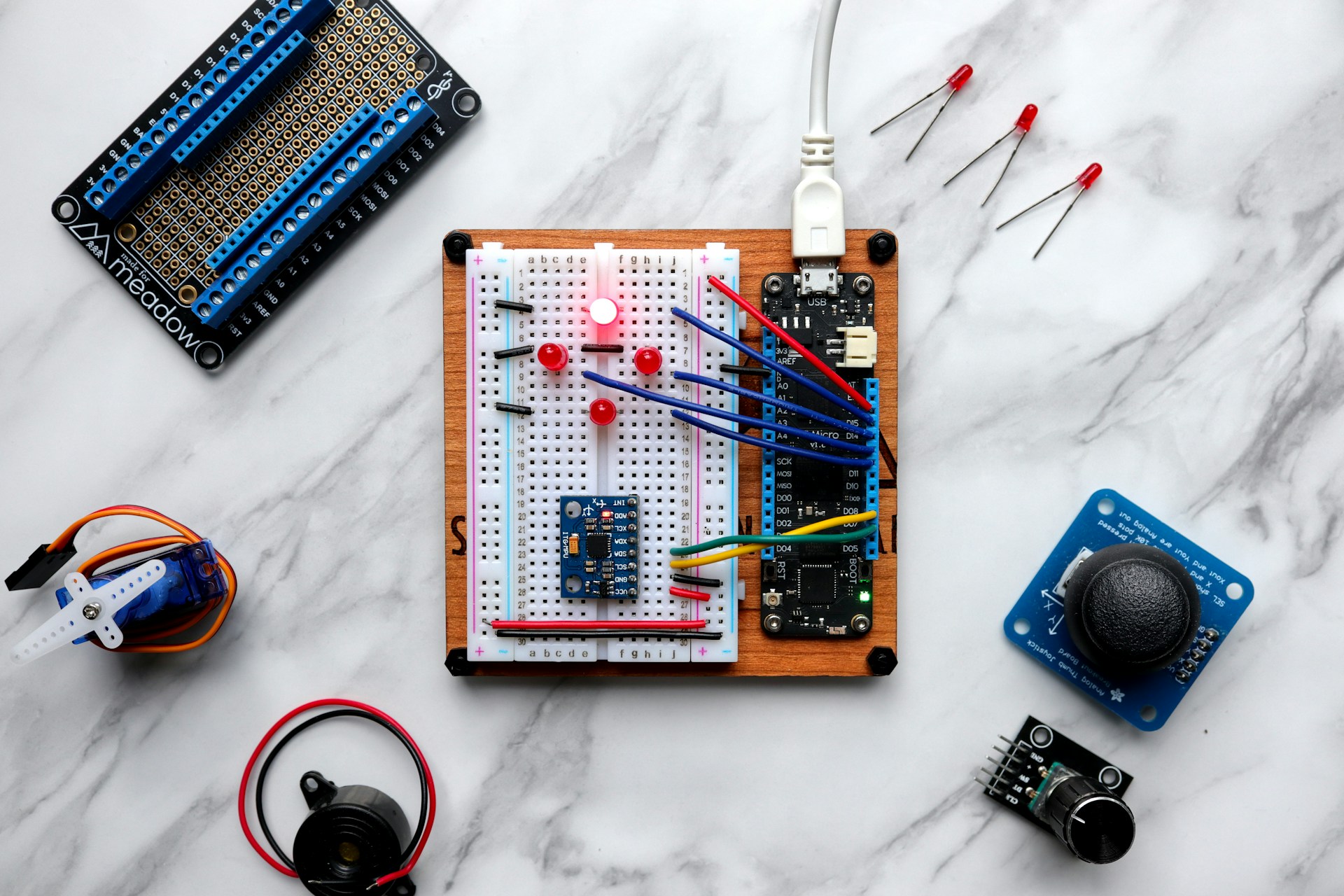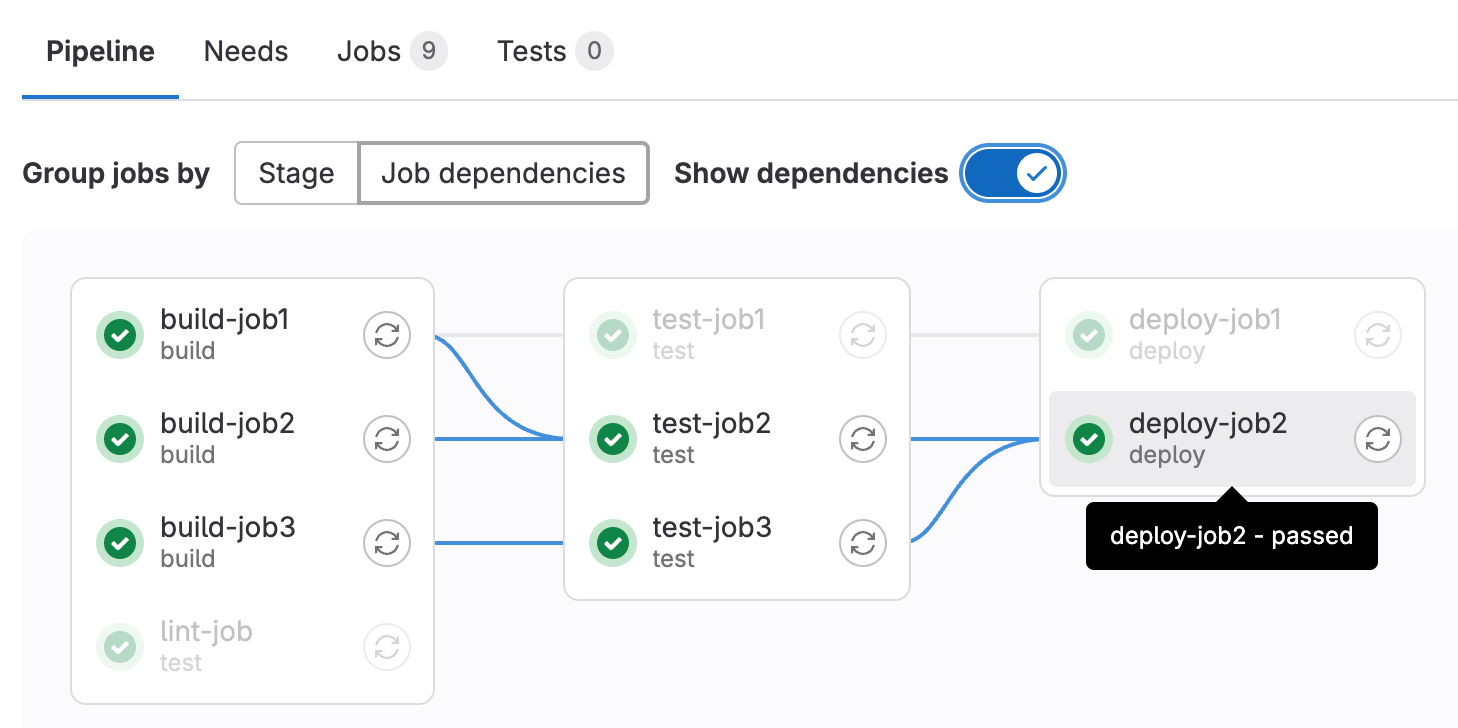
The project aims to give full support for mqtt broker and related apis. The internals of the mqtt server is written in Rust using popular Tokio framework. Motive of the project is to avoid the GIL limitation of python and bring all the fun features offered by rust.
Features
- Full-fledged configurable Tokio based MQTT broker
- No python GIL limitation
- All Standard MQTT broker features
- Zero extra setup required to run mqtt broker in you Django and Fastapi project
- MQTT client, with callback support for async or non-blocking applications
- and more
Planned Features
- Device support
- Sensor support
- Sensor data storage
- Django based admin pages
- Django rest framework based APIs for managing devices and sensors
- SSL certificates and policy management
Installation
pip install iotcore
Create a new file called mqtt.toml in your root project directory and copy pase the sample mqtt.toml from https://tomvictor.github.io/iotcore/config/
FastAPI setup
Broker only
from fastapi import FastAPI
from iotcore.fastapi import iotcore_broker
app = FastAPI(lifespan=iotcore_broker)
@app.get("/")
def read_root():
return {"Hello": "World"}
Broker plus Mqtt client
from fastapi import FastAPI
from contextlib import asynccontextmanager
from iotcore import IotCore
iot = IotCore()
@asynccontextmanager
async def lifespan(app: FastAPI):
iot.background_loop_forever()
yield
app = FastAPI(lifespan=lifespan)
@iot.accept(topic="temperature")
def temperature_data(request):
print(f"Temperature data : {request}")
def mqtt_callback(data):
print(f"iot >: {data}")
@app.get("/sub")
def sub():
iot.subscribe("iot", mqtt_callback)
return {"response": "subscribed"}
@app.get("/pub")
def pub():
iot.publish("temperature", "{'temp': 18}")
return {"response": "published"}
@app.get("/")
def home():
return {"Hello": "World"}
Django Setup
from django.http import JsonResponse
from iotcore import IotCore
iot = IotCore()
iot.background_loop_forever()
def mqtt_callback(data):
print(f"Django >: {data}")
def subscribe(request):
iot.subscribe("iot", mqtt_callback)
return JsonResponse({"response": "subscribed"})
def publish(request):
iot.publish("iot", "demo")
return JsonResponse({"response": "published"})
Now Connect to mqtt broker on localhost
MQTT Port : 1883
Run Example project
Django
pip install iotcore
pip install django
python examples/django/manage.py runserver
FastAPI
pip install iotcore
pip install fastapi
pip install uvicorn
uvicorn examples.fastapi.main:app
Open you mqtt client and use below details to connect to the broker:
Host: 127.0.0.1 or localhost
Port: 1883
Links
Support
Star the project on GitHub :)
License
The project is licensed under the MIT license.





